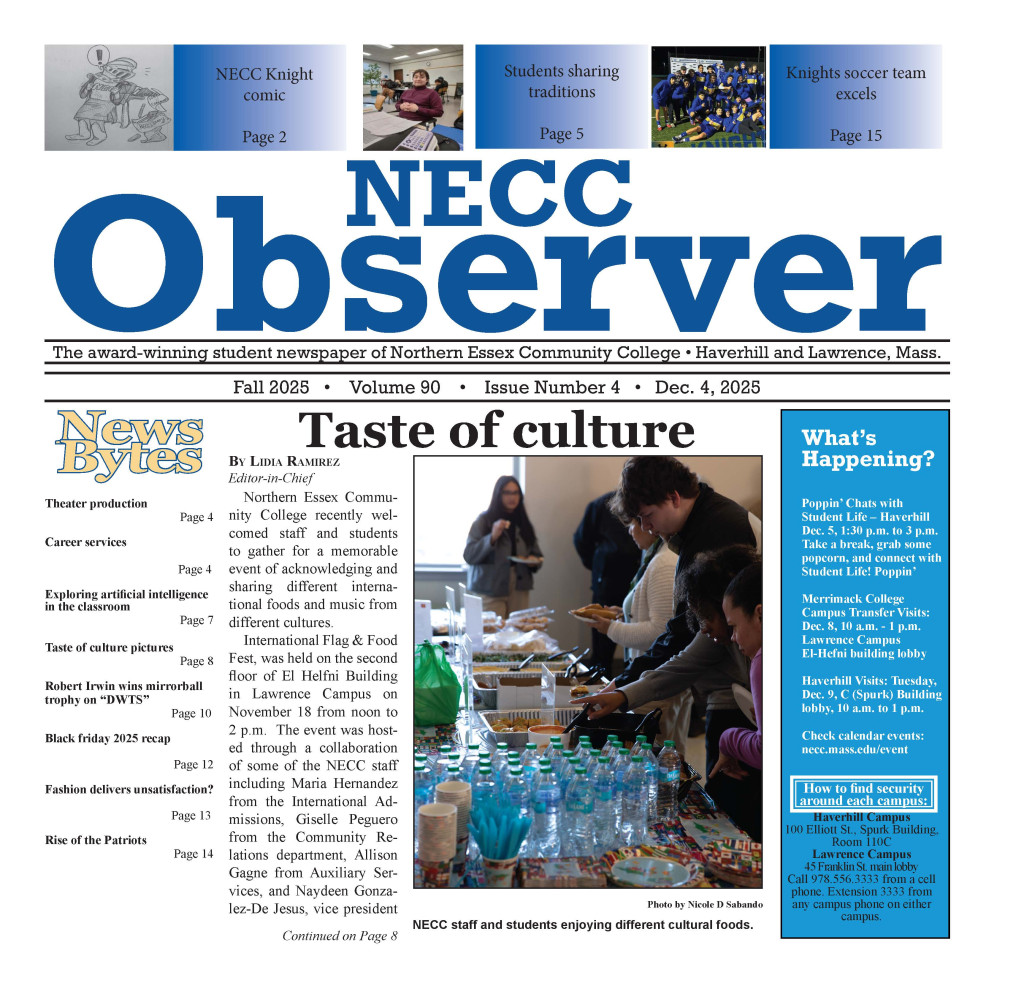What are extracurricular activities and why include them?
Extracurricular activities are programs outside of your academics, like clubs, athletics, and honor societies. Your involvement in college extracurriculars can help you build your skills and confidence. Perhaps you:
• Were president of the Art Club
• Volunteered at the U-Knighted Fair
• Played on the volleyball team
• Participated in Alpha Beta Gamma, the National Business Honor Society
• Participated in a class project with another school from abroad
This experience can be helpful to include on your resume. Especially as you are beginning your career, your involvement as a college student can be included on your resume to demonstrate your great transferrable skills.
What to include?
You will want to include the experiences that show your skills and readiness for this new job. For example, if you were involved on the baseball team and applied for a tutoring job, you would want to show your transferrable skills, such as mentorship and collaboration skills. Your resume may include something like, “Mentored new players on the team, supporting 3 rookie players into starting roles” or “Collaborated with co-captains to organize pre-season workouts and bonding events”.
Remember: You can create a master resume with all this information. When you are ready to apply for a job, you can edit and remove less relevant content.
Which extracurriculars do you include to tailor your resume?
You’ve listed all of your extracurriculars…now what? It’s time to identify the skills you need for this job. You will want to review the job description for inspiration and pay careful attention to the job duties. Reviewing this description will help you identify keywords and responsibilities for this position.
In addition to reviewing the job, you will also want to check out the company, looking at its website and social media. This context will help you see the company’s values and priorities. Do they value teamwork? Do they want people who are problem solvers?
Where do I list my experience?
Where you list your extracurriculars will depend on the job application and your transferrable skills. Consider how your extracurricular activities are relevant to the application.
Here are three common options:
• Experience section: Including your involvement under an “Experience” section is a great way to show your transferable skills if you do not have paid work experience. Let’s say you are applying to a social media internship, you will want to include how you managed the Student Government’s social media accounts and increased their followers by 25% in a year – that would be super relevant for this role.
• Education section: You may consider this section if you are involved in an honor society or academic-related organization that relates to your future career. If you are involved in the National Business Honor Society and plan to pursue accounting, including this membership would be relevant.
• Separate section: You may decide to create a dedicated section for your experiences if you have multiple items that are relevant to the job application. This section could be titled “Leadership Experience” or “Extracurricular Activities”, whichever best reflects your experience. If you have work experience, avoid mixing your paid and unpaid experiences. Creating this separate section can showcase your transferable skills and help you highlight your extracurricular experience.
Key Takeaways
Your extracurricular activities can be an excellent way of showcasing your technical and soft skills on your resume.
Remember: always consider your reader and tailor your resume. You want the hiring manager to read your resume to see why you are the best candidate for the job. Quality over quantity matters most!
Want resume feedback? Schedule a meeting with Career Services. Navigate is the most efficient way to schedule a meeting. You can also reach us by email: careerservices@necc.mass.edu.
Looking to apply for jobs? Check out NECC’s job board, Handshake: https://app.joinhandshake.com/edu

